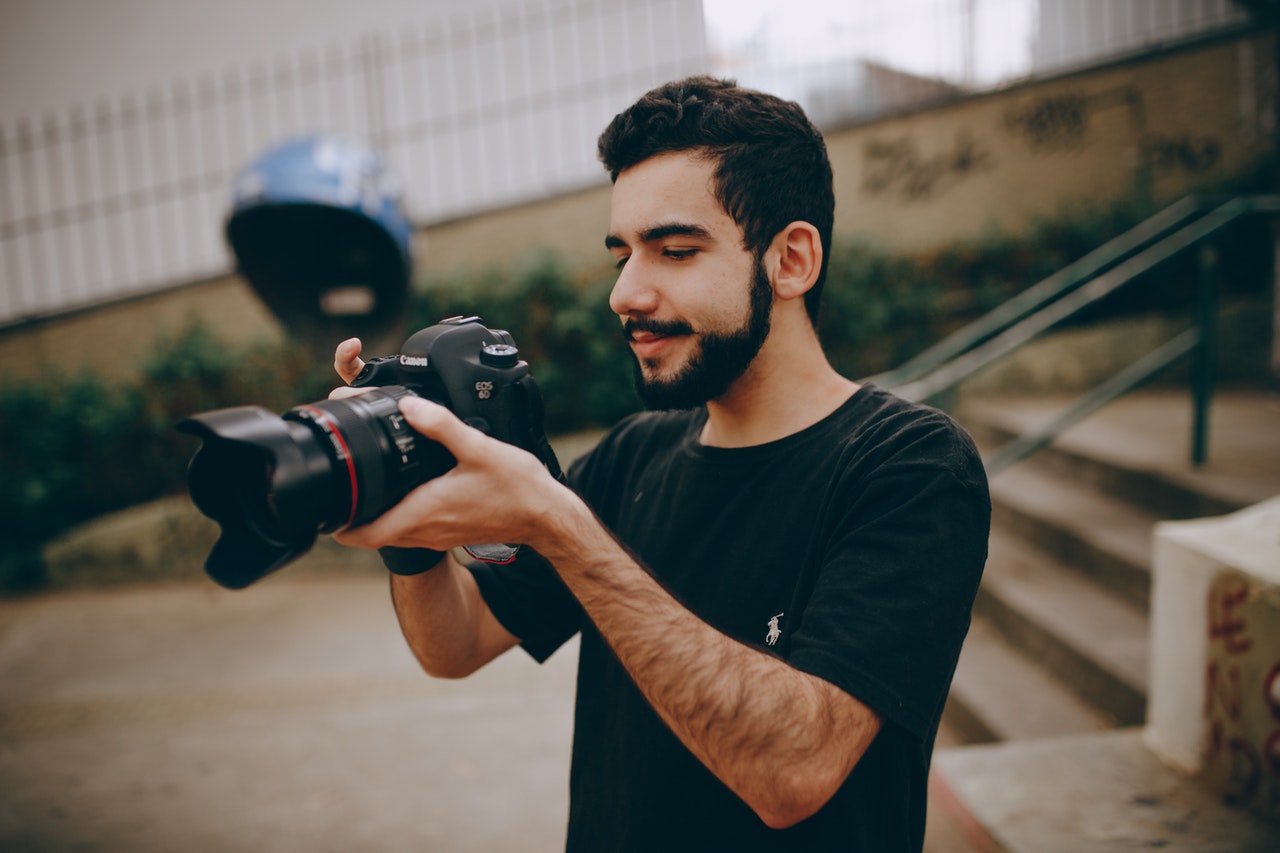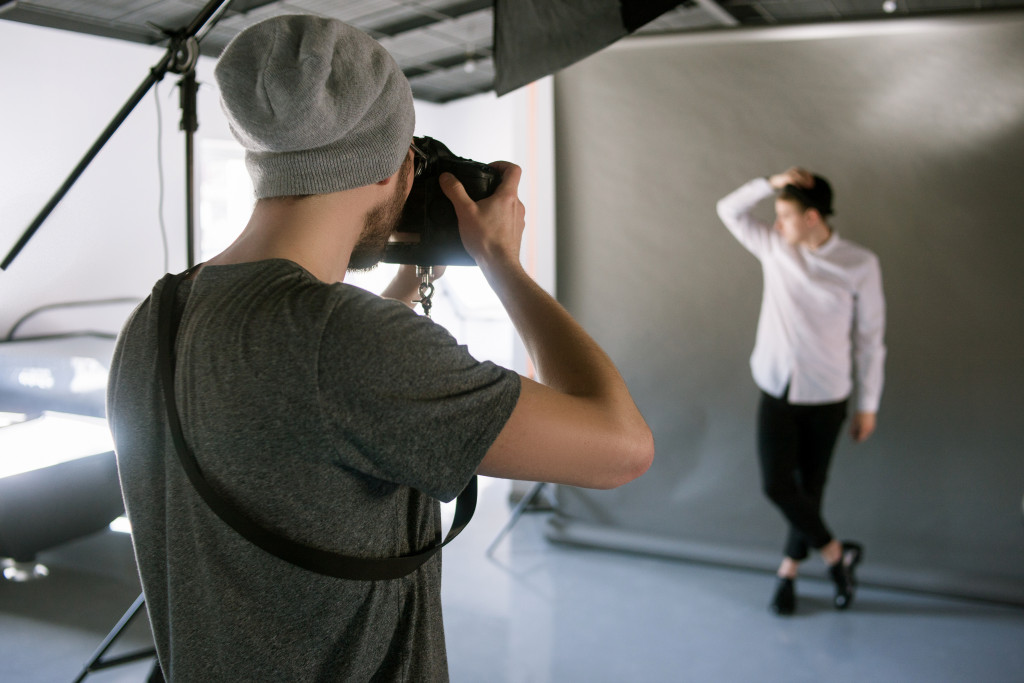There’s a photographer in all of us. After all, we have perfected our selfies and our groufies, as evident in our social media feeds. But a few of us are destined to become professional photographers, making money out of what’s essentially a hobby. Some of these talented individuals will become staples at weddings and other events. Others will go on shooting for prestigious publications and become responsible for some of history’s most iconic photographs.
Either way, it’s a win-win situation, given how not everyone gets to do what they love while also earning from it. So whether shooting newlyweds or tigers in the wild, professional photographers are lucky to have a job they are passionate about. And if that’s something you wish to emulate, by all means, please do so. And to expedite your professional growth, you may want to avoid these rookie mistakes.
Spending too much on gadgets
Just because you are inspired by a specific photographer, like Michael Aw, for instance, does not mean you have to purchase the same camera and tools he uses. That’s sage advice even if you happen to be loaded with money.
The most expensive camera in the market will not turn you into a National Geographic-level photographer overnight. Conversely, no matter how skillful you are, an unreliable camera bought on a shoestring budget might not keep up with your talent.
The key here is balance. What kind of photography do you intend to pursue? For example, a Nikon D500 camera, which costs around $1,800, should be enough to get you started with wildlife photography. Anything more than that price tag might not be a financially sound decision.
Skipping the basics
All photographers should start with the basics. Sure, you plan to break the mold, disrupt conventions. But you won’t be able to pull off those things with panache if you lack the essential foundations. So brush up on basic photography rules first.
Know your rule of thirds. Practice during the magic hour, which is the window of time just after sunrise or just before sunset. These rules exist because they are failproof.

Failure to engage in the community
By “the community,” we mean any photography community you can find. Follow those on Facebook, Instagram, and even Twitter. Comment on photographs you admire. Use relevant hashtags so the photographs you post become searchable. Drop a direct message to photographers whose work you look up to. Doing these will get your name out there. You might even get leads to work opportunities.
You can also make an account on a community engagement app. Typically, these platforms will allow you to consistently showcase your work with the brand you wish to establish.
Not learning editing tools
Even if you’re gifted with the eyes of a photographer destined for greatness, you still need to edit your work. That’s how you polish your craft. Remember that no matter how good your raw material is, it can still be better. Or better yet, shoot for the best. That’s why you need to be proficient with editing tools.
Hone your Photoshop skills. You can also explore Photoshop alternatives like Corel PaintShop Pro, Google Photos, Affinity Photo, and Apple Photos.
There’s no shame in edited photos. Bear in mind that even the photographs you see in renowned glossies have been tweaked to perfection.
Photographers are mankind’s documentarians, alongside historians, filmmakers, writers, and other artists. There’s pride in this noble profession. And there’s money to be made too. You have to make sure to do things right, from the actual taking of photographs to marketing your professional brand. And whatever setbacks get in your way, keep shooting.

